NSW school classroom review finds massive drop in student learning
Startling new results have uncovered a major drop in the rates of learning in NSW schools — but students from struggling households have been pushed the furthest back. SEE THE STATE’S WORST AFFECTED SUBURBS HERE.
Local
Don't miss out on the headlines from Local. Followed categories will be added to My News.
Struggling students from low socio-economic households are learning three years behind their peers from our most affluent communities across the state, new research has revealed.
A NSW Parliamentary Research team has found students in low socio-economic areas are, on average, performing years behind students from the highest socio-economic quartile.
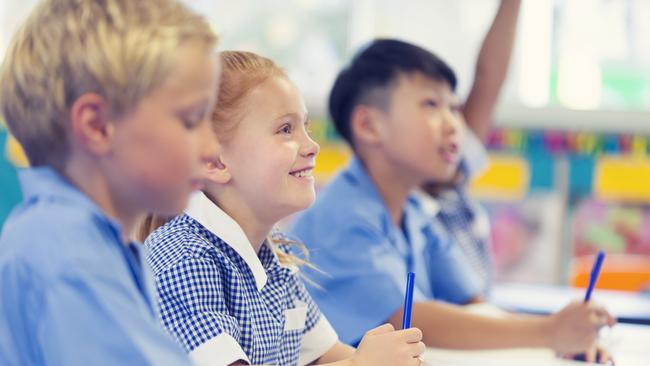
According to Australian Bureau of Statistics figures from the 2016 Census, local government areas including Fairfield, Lithgow, Liverpool, Canterbury-Bankstown, Cumberland and Campbelltown suffer from some of the worst levels socio-economic disadvantage in the state.
Meanwhile, the country’s most advantaged local government areas include Ku-ring-gai, Mosman, Woollahra, North Sydney and Lane Cove.
The discovery comes as the latest Program for International Student Assessment results found an overwhelming decline in the results of all students no matter the socio-economic background between 2000 and 2018. It mean scores of students attaining the National Proficient Standards declining by 17 per cent for reading, 15 per cent for mathematics and 14 per cent for science over the 18 year period.
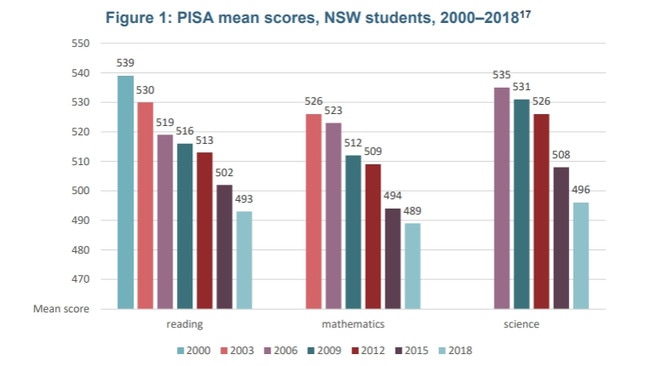
“In 2018, for each of the three subjects, almost half of NSW students did not meet the National Proficient Standard,” a NSW Parliamentary researcher said.
“NSW’s mean score was below the national mean score in reading (NSW: 493; AUS: 503), mathematics (489 to 491) and science (496 to 503).”
The PISA program identified the impact the wealth of the student’s family and level of education of parents has on education, which found that children from the state’s lowest socio-economic areas are falling behind countries including China, Germany, the United Kingdom, Japan, Korea, Ireland and Canada.
“Australian students from the highest socio-economic quartile outperformed their peers from the lowest socio-economic quartile by an average of 89 score points in reading, 81 score points in mathematics and 83 score points in science,” the researcher said in the report.
The findings also revealed government schools were severely behind in student results in reading, mathematics and science, with independent school students results averaging around 50 points higher than public school students.
However, a PISA analyst argued for academically resilient students “disadvantage is not
destiny”, revealing more than 13 per cent of disadvantaged students sitting the exams were academically resilient.
“Despite socio-economic disadvantage, some students are capable of attaining high levels of academic proficiency,” the analyst said in the report. “One in 10 disadvantaged students was able to perform in the top quarter of reading performance in their country.”
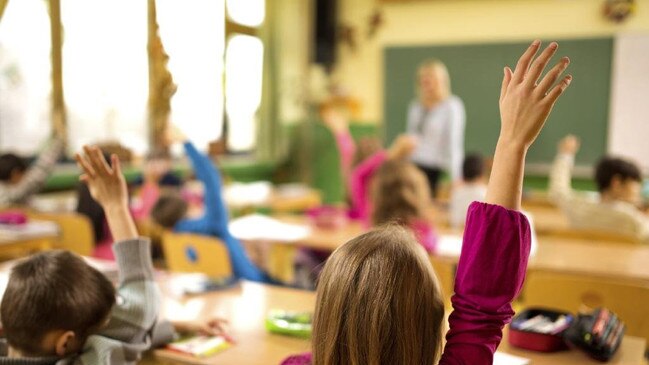
After being questioned over the introduction of “untimed syllabus” for NSW schools by One Nation MLC Mark Latham, Education Minister Sarah Mitchell said a NSW Curriculum Review called for students to progress to the next syllabus “once they have mastered the prior syllabus”.
The untimed syllabus program would see students able to dedicate more time to topics being studied in the classroom that they don’t completely understand, before moving on to more advanced topics.
“Students who require more time should have it,” she said. “(While) students ready to advance should be able to do so.”

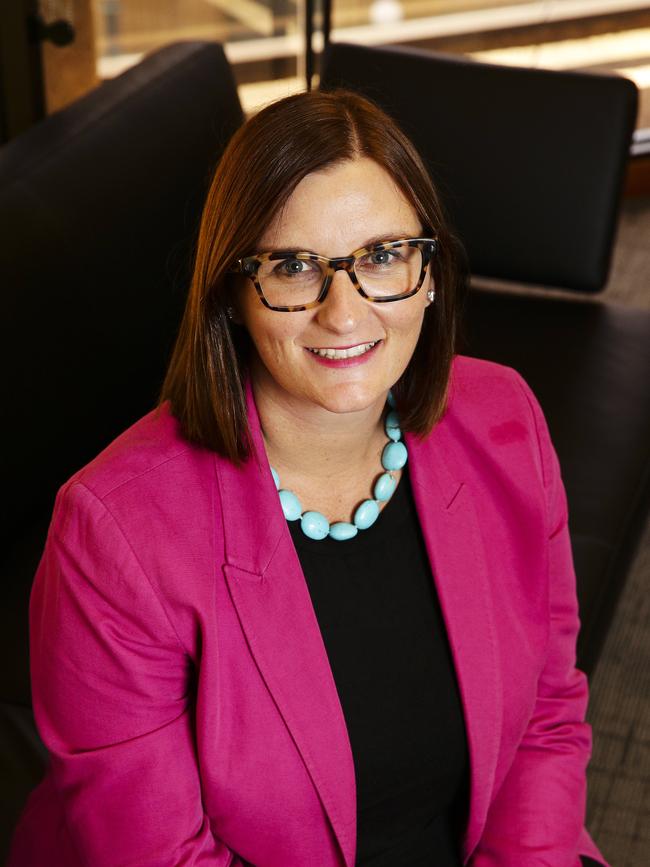
Mr Latham also questioned the Ms Mitchell on the number of curriculum development staff employed by NSW Education Standards Authority.
Ms Mitchell revealed staff numbers had dropped from 41 in 2018 to 30 in 2020.
The number of teachers contracted to write curriculums and syllabus has also dropped from 55 to zero in the same time period.
A NSW Education Standards Authority spokesman said the authority employs permanent syllabus staff, “who are expert education professionals with practical experience in their subject areas” as well as contracting additional staff for syllabus development when needed.
“Additional staff are not currently needed as planning is underway for rewriting the new curriculum,” the spokesman said.
NSW Teachers Federation senior vice president Amber Flohm said the results of the PISA study was “cause for concern for students of lower socio-economic backgrounds”.
“What the data tells us is early intervention is desperately required to support these students,” she said.
“We must hit students’ needs early on so we can seek to address underlying causes of lower performance in the classroom.”
Ms Flohm said there was “nothing teachers want more than to provide more time for students to learn”, in response to calls for untimed syllabus. However, she told NewsLocal a lack of resources and additional support for students was a major issue.
The Education Minister was contacted for comment.
CHARITIES BRIDGING THE FINANCIAL GAP
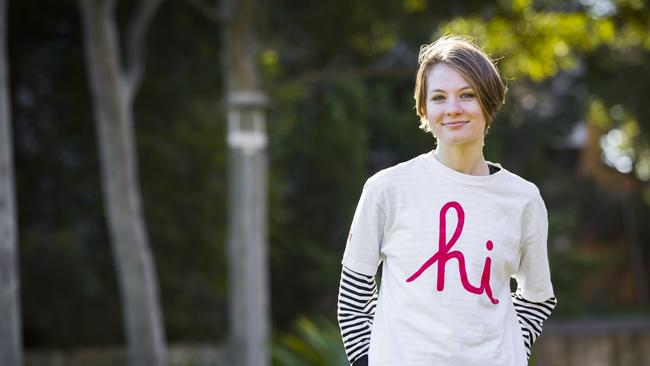
Vital financial services to support disadvantaged students are giving a lifeline to academically gifted kids in struggling families.
18-year-old inner west resident, Cleo Ber, recently completed a four-year scholarship program through charity programs funded by the Harding Miller Foundation.
Ms Ber said there was “a lingering fear” of missing out on experiences, text books or classroom technology due to her family financial situations.
“Mum worked hard as a single parent, and I was determined to do well in my studies,” she said. “So I applied for financial support through the Harding Miller Foundation and benefit from it from year nine to 12.”
The University of Sydney student said without the financial support, she “could have slipped through the gaps like so many others”.
“The education system can expand horizons for so many people,” she said. “But no one, no matter the circumstances, should fall through the gaps.”
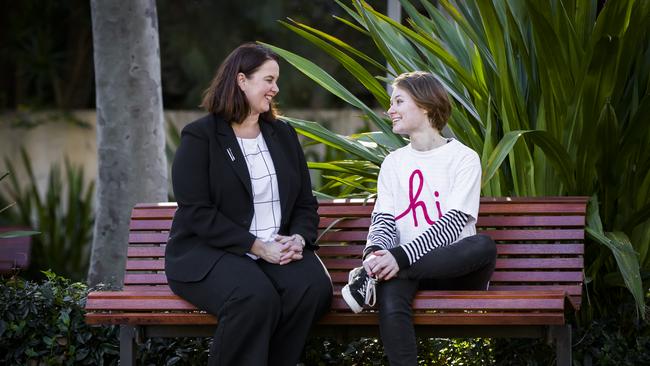
The foundation’s executive director Cara Varian said the organisation, set up in 2016, supports students through a four-year scholarship program valued at over $20,000.
Ms Harding said the financial support was “the most generous scholarship for public school students”.
“We provide a toolkit of resources that they can use in a way that will suit their circumstances,” Ms Varian said. “And they have a personal coach who contacts them regularly to encourage them, to help them problem solve and to navigate the school and education system.”
Students are given a laptop, broadband data, IT support, $2500 year year for tutoring, unlimited online homework help and $600 to go towards uniforms, books and excursions.
Students can apply online for the 2021 scholarships by visiting hardingmillereducationfoundation.org.au.

